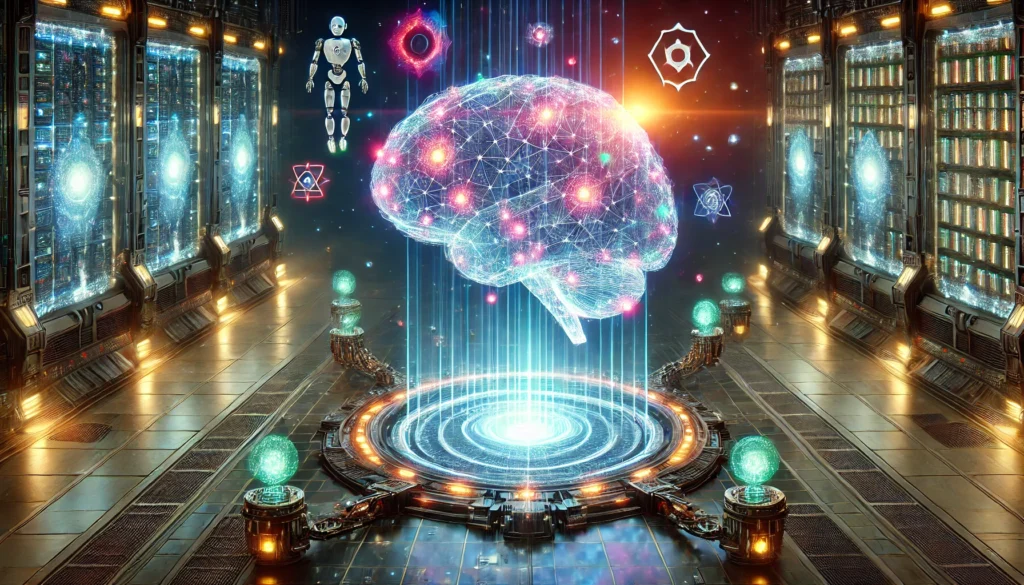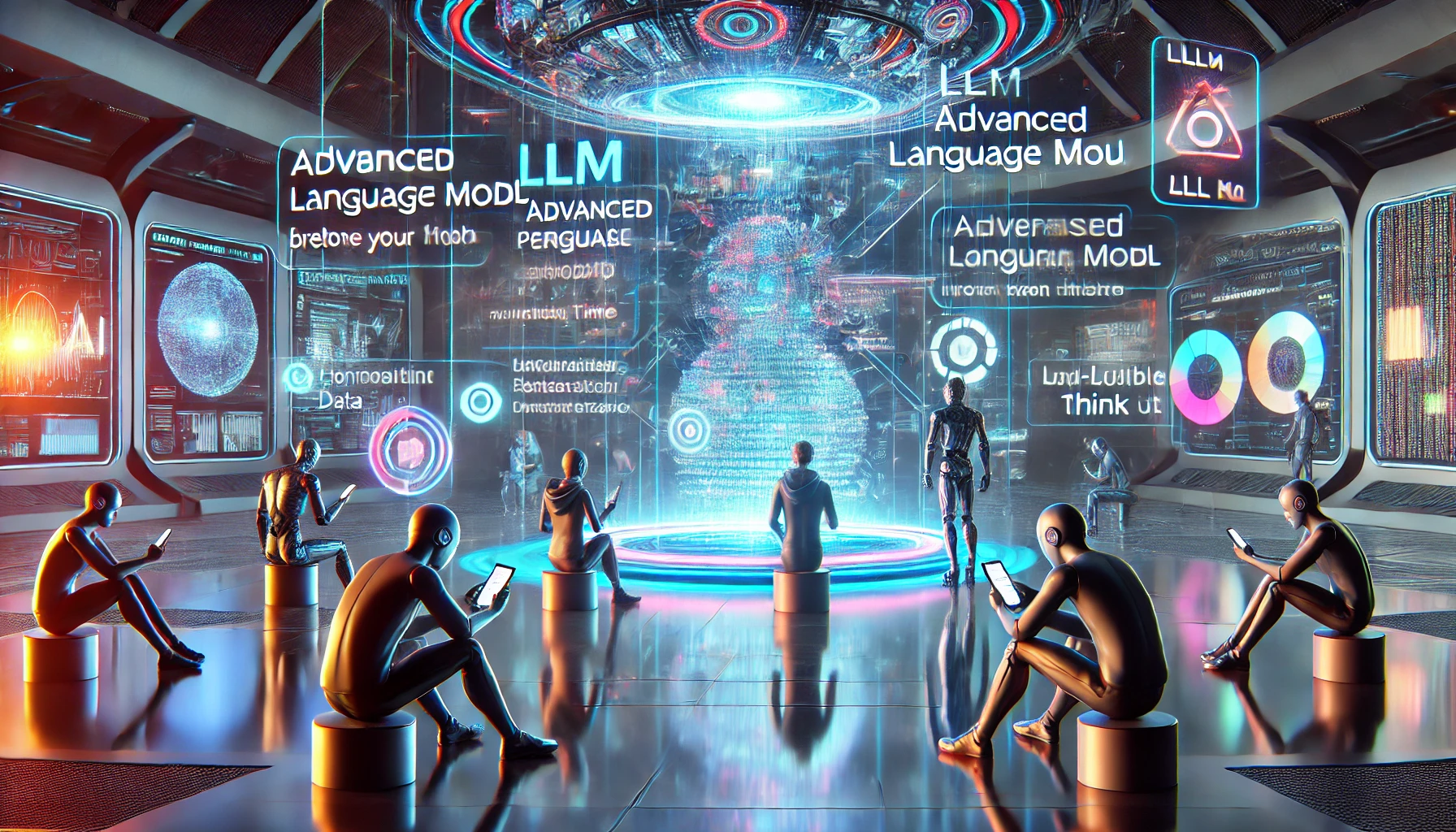Your cart is currently empty!

Empower Your Awareness
Explore insights on AI, technology, and critical thinking to navigate today’s information landscape.
In today’s digital era, the sheer volume of information available at our fingertips is unprecedented. While this offers immense opportunities for learning and connection, it also presents significant challenges, particularly in discerning credible information from misinformation. Developing robust critical thinking skills is essential to navigate this complex landscape effectively.
Understanding Critical Thinking
Critical thinking involves the objective analysis and evaluation of information to form a reasoned judgment. It requires questioning assumptions, assessing the credibility of sources, and considering multiple perspectives before drawing conclusions. In the context of the digital age, critical thinking empowers individuals to sift through vast amounts of data, identify biases, and make informed decisions.
The Role of Critical Thinking in the Digital Age
With the advent of artificial intelligence and sophisticated algorithms, information dissemination has become more rapid and, at times, less reliable. Misinformation can spread swiftly, making it imperative to approach online content with a discerning eye. Critical thinking enables individuals to:
Verify Information: Assess the accuracy of data before accepting or sharing it.
Evaluate Sources: Determine the reliability and credibility of information sources.
Recognize Biases: Identify underlying biases in content that may influence interpretation.
Make Informed Decisions: Use analyzed information to guide actions and beliefs.
Strategies to Enhance Critical Thinking
To strengthen critical thinking skills in navigating today’s information landscape:
Cultivate Curiosity: Approach information with a questioning mindset, seeking to understand the ‘why’ and ‘how’ behind the content.
Engage in Reflective Thinking: Regularly reflect on your thought processes and consider alternative viewpoints.
Develop Media Literacy: Learn to critically analyze media messages and understand the techniques used to influence audiences.
Practice Active Learning: Engage with content interactively, such as discussing with others or applying information practically.
Seek Diverse Perspectives: Expose yourself to a variety of viewpoints to broaden understanding and challenge personal biases.
By embracing critical thinking, individuals can better navigate the complexities of the modern information ecosystem, leading to more informed choices and a more enlightened society.
Can AI Help Us Navigate Our Lives Vibrationally?
Navigating life vibrationally means making choices that align with your authentic self, emotional well-being, and personal growth. It’s about tuning into what feels good, following your intuition, and seeking experiences that elevate your energy. While it may seem surprising, AI can actually support this journey in meaningful ways.
Here’s how:
- Personalized Guidance:
AI algorithms analyze your habits, preferences, and emotional patterns (from wearable devices, journaling apps, or mood trackers) to offer personalized recommendations. Imagine receiving suggestions for guided meditations, music, or affirmations tailored to uplift your spirit. - Enhanced Self-Awareness:
Journaling apps with AI-powered sentiment analysis can help you identify emotional patterns and triggers. These insights make it easier to notice what drains your energy and what fuels it. You’re essentially co-creating with AI to deepen your self-awareness. - Mindful Decision-Making:
AI can process large amounts of data to provide perspective on potential choices. Whether you’re deciding on career moves, relationship dynamics, or wellness routines, AI tools can surface insights that help you make more aligned decisions. - Emotional Support:
Conversational AI (like chatbots) can serve as a compassionate space to express thoughts and feelings. While not a replacement for human connection, these tools can offer reflective prompts and mindfulness exercises to help recalibrate your energy. - Curating High-Vibe Content:
AI recommends content that resonates with your evolving state of mind. Think uplifting podcasts, inspiring articles, or calming music — all curated to enhance your vibration. - Manifestation Support:
Visualization and affirmation apps use AI to generate personalized vision boards or send timely affirmations. This keeps your energy aligned with your goals, reinforcing a positive mindset.
Ultimately, AI is like a mirror — it reflects the patterns of your life back to you. The key is to engage with it consciously. By pairing its capabilities with your inner wisdom, you can create a beautiful harmony between technology and personal growth.
AI Tools and Technology
These tools, sites, and ideas can help you stay aware, protect your data, and engage with AI more confidently in everyday life:
🔐 Privacy & Security Tools
1. DuckDuckGo – A private search engine that does not track you.
👉 duckduckgo.com
2. Firefox – A privacy-focused browser with built-in tracker blocking.
👉 mozilla.org/firefox
3. Brave Browser – Blocks ads and trackers by default. Fast and privacy friendly.
👉 brave.com
4. Signal – A secure messaging app with end-to-end encryption.
👉 signal.org
5. ProtonMail – Encrypted email, built for privacy.
👉 protonmail.com
6. Have I Been Pwned? – Check if your email or data has been part of a breach.
👉 haveibeenpwned.com
🧠 Learn More About AI
1. “How AI Works” – MIT’s AI Explainers
Simple, clear guides that explain how common AI tools function.
👉 mitsloan.mit.edu/ideas-made-to-matter/what-is-artificial-intelligence
2. Common Sense Media: AI & Kids
Great tips for parents on how to talk about AI and tech with children.
👉 commonsensemedia.org
3. YouTube: Two Minute Papers
Short, digestible breakdowns of new AI developments in everyday language.
👉 youtube.com/@TwoMinutePapers
4. AI Myths Busted – OECD AI Policy Observatory
Common myths vs facts about AI’s capabilities and limitations
👉 oecd.ai
🛡️ Take Control of Your Data
1. Terms of Service; Didn’t Read
Summarizes what you’re really agreeing to when you click “Accept.”
👉 tosdr.org
2. Privacy Not Included – Mozilla
A buyer’s guide to smart tech products and their privacy risks.
👉 foundation.mozilla.org/en/privacynotincluded
3. Digital Detox Guide – How to reset your tech habits
Free step-by-step plans for cutting down screen time and data exposure.
👉 digitalwellbeing.org (or similar site—can be customized)
💬 Stay in the Conversation
- Reddit: r/privacy, r/Futurology, r/technology – active communities talking about AI and data issues.
- Podcasts:
- Your Undivided Attention (from the Center for Humane Technology)
- Hard Fork (NYT tech podcast, weekly AI discussions)
- Eye on AI (interviews with top thinkers in the space)
✍️ Want to Go Deeper? Read These
- Weapons of Math Destruction by Cathy O’Neil – on how data-driven systems can reinforce inequality.
- The Age of Surveillance Capitalism by Shoshana Zuboff – a deeper look into how companies profit from your behaviour.
- You Look Like a Thing and I Love You by Janelle Shane – a fun, easy read about the weird side of AI.
Clarity Amplified
Join us in exploring truth and awareness amid the information overload of today.



